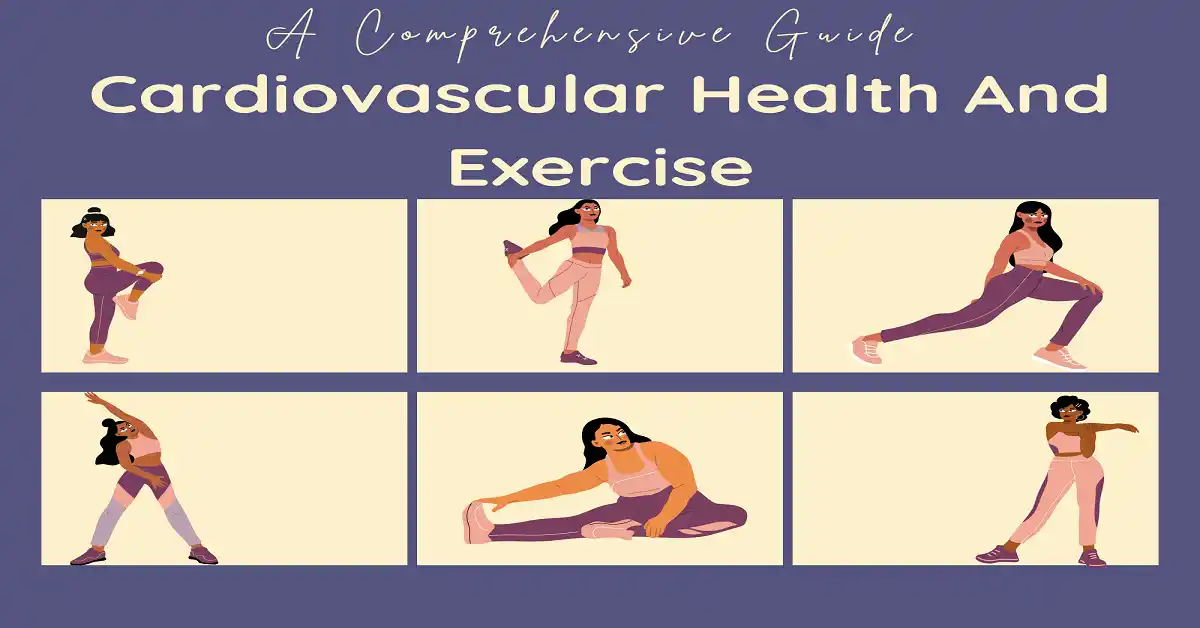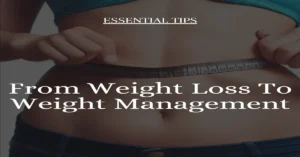Taking care of your heart is really important for your overall health and living a long life. One of the most effective ways to ensure cardiovascular health is through regular exercise. Engaging in physical activity not only strengthens the heart and circulatory system but also contributes to improved fitness, reduced risk of chronic diseases, and enhanced quality of life. In this blog, we’ll delve into the importance of cardiovascular exercise, its benefits, and how to incorporate it into your daily routine
Table of Contents:
- Introduction
- Understanding Cardiovascular Health
- What is Cardiovascular Health?
- The Importance of Cardiovascular Health
- Benefits of Exercise on Cardiovascular Health
- Lowering Blood Pressure
- Reducing Bad Cholesterol (LDL)
- Increasing Good Cholesterol (HDL)
- Enhancing Blood Circulation
- Improving Heart Function
- Best Cardiovascular Exercises
- Brisk Walking
- Running and Jogging
- Cycling
- Swimming
- Jump Rope
- Dancing
- Aerobic Exercises
- HIIT (High-Intensity Interval Training)
- Creating an Effective Cardiovascular Exercise Routine
- Setting Goals
- Choosing the Right Exercise
- Gradual Progression
- Warm-up and Cool-down
- Incorporating Strength Training
- Listening to Your Body
- Factors Affecting Cardiovascular Health
- Diet and Nutrition
- Stress Management
- Sleep Quality
- Smoking and Alcohol Consumption
- Conclusion
- FAQs
Introduction
Cardiovascular health is crucial for overall well-being. A healthy cardiovascular system improves blood circulation, supplies oxygen and nutrients to vital organs, and helps maintain optimal blood pressure and cholesterol levels. Regular exercise plays a key role in promoting cardiovascular health, and in this comprehensive guide, we will delve into the importance of exercise, its benefits, and the best exercises for cardiovascular health.
Understanding Cardiovascular Health
What is Cardiovascular Health?
Cardiovascular health means how well your heart and blood vessels are doing. It involves maintaining the proper functioning of the heart and circulatory system.
The Importance of Cardiovascular Health:
A healthy cardiovascular system reduces the risk of heart diseases, strokes, and other related health issues. It also boosts energy levels and promotes an active lifestyle.
Benefits of Exercise on Cardiovascular Health
Lowering Blood Pressure:
Regular exercise can help reduce high blood pressure, which is a significant risk factor for heart disease and stroke.
Reducing Bad Cholesterol (LDL):
Engaging in physical activities can lower LDL cholesterol levels, preventing the accumulation of plaque in the arteries.
Increasing Good Cholesterol (HDL):
Exercise can increase HDL cholesterol levels, which aids in removing LDL cholesterol from the bloodstream.
Enhancing Blood Circulation:
Physical activity improves blood flow, ensuring that oxygen and nutrients reach all body parts efficiently.
Improving Heart Function:
Exercise strengthens the heart muscle, enabling it to pump blood more effectively and efficiently.
Best Cardiovascular Exercises
Brisk Walking:
An easy and effective exercise suitable for all fitness levels, brisk walking improves heart health and can be done almost anywhere.
Running and Jogging
Ideal for those looking for a higher intensity workout, running and jogging are excellent cardiovascular exercises.
Cycling:
Cycling is a low-impact exercise that helps boost cardiovascular health and can be done outdoors or on a stationary bike.
Swimming:
A full-body workout that is gentle on the joints, swimming improves cardiovascular endurance and muscle strength.
Jump Rope:
An inexpensive and fun exercise, jumping rope is great for improving heart health and coordination.
Dancing:
Dancing is a fun way to burn calories, elevate heart rate, and improve cardiovascular health.
Aerobic Exercises:
Aerobics classes or home workouts are perfect for elevating heart rate and improving cardiovascular fitness.
HIIT (High-Intensity Interval Training):
HIIT means doing really intense exercises for a short time and then resting. It is a time-efficient way to enhance cardiovascular health.
Creating an Effective Cardiovascular Exercise Routine
Setting Goals:
Decide what you want from your workouts, like losing weight, getting better at endurance, or making your heart healthier.
Choosing the Right Exercise:
Select exercises that align with your fitness level, interests, and physical condition.
Gradual Progression:
Begin gently and slowly make your workouts harder and longer over time, so you don’t get hurt.
Warm-up and Cool-down:
Always warm-up before exercising and cool down afterward to prevent strain on the heart.
Incorporating Strength Training:
Combine cardiovascular exercises with strength training to enhance overall fitness.
Listening to Your Body:
Pay attention to any signs of discomfort or overexertion during exercise.
Factors Affecting Cardiovascular Health
Diet and Nutrition:
A balanced diet rich in fruits, vegetables, whole grains, and lean proteins is essential for a healthy heart.
Stress Management:
Handling stress is important. Too much stress for a long time can harm your heart and blood vessels. Try calming methods like meditation and deep breathing.
Sleep Quality:
Getting enough restful sleep is crucial for heart health and overall well-being.
Smoking and Alcohol Consumption:
Quit smoking and limit alcohol intake to reduce the risk of heart diseases.
Conclusion
Prioritizing cardiovascular health through regular exercise is one of the best investments you can make for a longer, healthier life. Choose exercises that you enjoy, follow an effective routine, and pair it with a balanced diet and stress management for optimal results. Always remember to consult a healthcare professional before starting any new exercise program, especially if you have pre-existing health conditions. Commit to your cardiovascular health today, and reap the rewards of a stronger and healthier heart tomorrow.
FAQs:
1. How often should I exercise for cardiovascular health?
It is recommended to aim for at least 150 minutes of moderate-intensity exercise or 75 minutes of vigorous-intensity exercise per week.
2. Can I do cardiovascular exercises if I have a heart condition?
If you have a heart condition, consult your doctor before starting any exercise program. They can give you suggestions that are tailored to your health condition.
3. What is the ideal duration of a cardiovascular workout?
The duration of a cardiovascular workout depends on your fitness level and the intensity of the exercise. Aim for 30 minutes to 1 hour per session.
4. Are there any age restrictions for performing these exercises?
Most cardiovascular exercises are suitable for people of all ages. However, it’s essential to choose exercises appropriate for your age and fitness level.
5. Can cardiovascular exercises help with weight loss?
Yes, regular cardiovascular exercises can aid in weight loss by burning calories and increasing metabolism.
6. Are there any precautions I should take during exercise?
Stay hydrated, wear appropriate footwear, and stop exercising if you experience chest pain, dizziness, or extreme fatigue.





Pingback: Top Cholesterol Lowering Foods - Bitsify